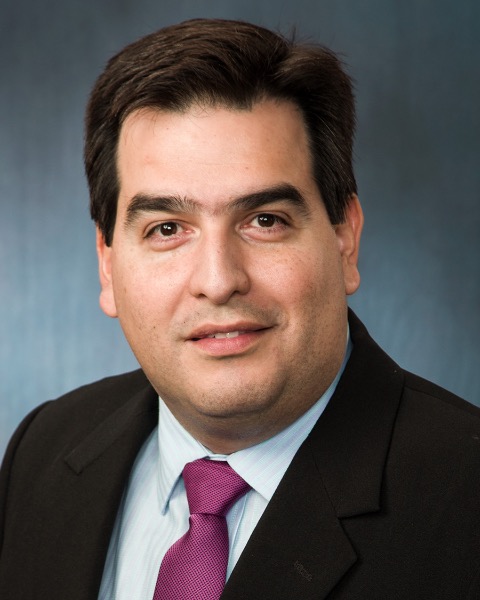Antistaphylococcal Efficacy of Cefepime, Piperacillin-Tazobactam, and Meropenem
-

Bibidh Subedi, BCCCP, PharmD
Critical Care Clinical Pharmacist
Florida Hospital Orlando
Orlando, FloridaDisclosure information not submitted.
-
LN
Laila Najia, PharmD
Cardiology Pharmacy Specialist
AdventHealth Orlando, United StatesDisclosure information not submitted.
-
EP
Eric Pyles, BCCCP, PharmD
Critical Care Pharmacy Specialist
Florida Hospital Orlando, United StatesDisclosure information not submitted.
-

Arnaldo Lopez Ruiz, MD
Critical Care Intensivist
Advent Health
Orlando, Florida, United StatesDisclosure information not submitted.
First Author(s)
Co-Author(s)
Title: Anti-staphylococcal efficacy of cefepime, piperacillin-tazobactam, and meropenem
Introduction: There is a paucity of literature evaluating de-escalation techniques in patients with polymicrobial infections with one offending organism being methicillin-sensitive Staphylococcus aureus (MSSA) and treated with monotherapy β-lactam agent. The purpose of this study is to determine treatment outcomes in patients with polymicrobial infections diagnosed with MSSA bacteremia or pneumonia who were treated with monotherapy cefepime (FEP), piperacillin-tazobactam (TZP), or meropenem (MEM).
Methods: This was a multi-site, retrospective, observational, three-group comparison study at a 2,247-bed community teaching hospital system in the United States. Patients were included if they were diagnosed with MSSA bacteremia or pneumonia in addition to a confirmed polymicrobial infection and received definitive therapy with FEP, TZP, or MEM. The primary outcome was treatment success. Secondary outcomes included duration of definite therapy, in-hospital mortality, hospital and ICU length of stay (LOS), 30-day readmission rates for a presumed infection, and hospital-acquired Clostridioides difficile infection (HCDI).
Results: From August 2016 to August 2019, forty-five patients were included. Baseline characteristics were well matched between groups. The primary outcome of treatment success occurred in FEP 50%, TZP 70%, and MEM 50% (p=0.65). There were no observed differences in any of the secondary outcomes: duration of definite therapy (p=0.11), in-hospital mortality (p=0.10), hospital LOS (p=0.75), ICU LOS (p=0.53), 30-day readmission rates (p=0.07), and HCDI (p=0.34).
Conclusions: There was no difference in treatment success between with FEP, TZP, and MEM for polymicrobial infections with one offending organism being MSSA. Due to lack of evidence in this unique polymicrobial infection and observed results of our study, larger randomized studies are warranted.
